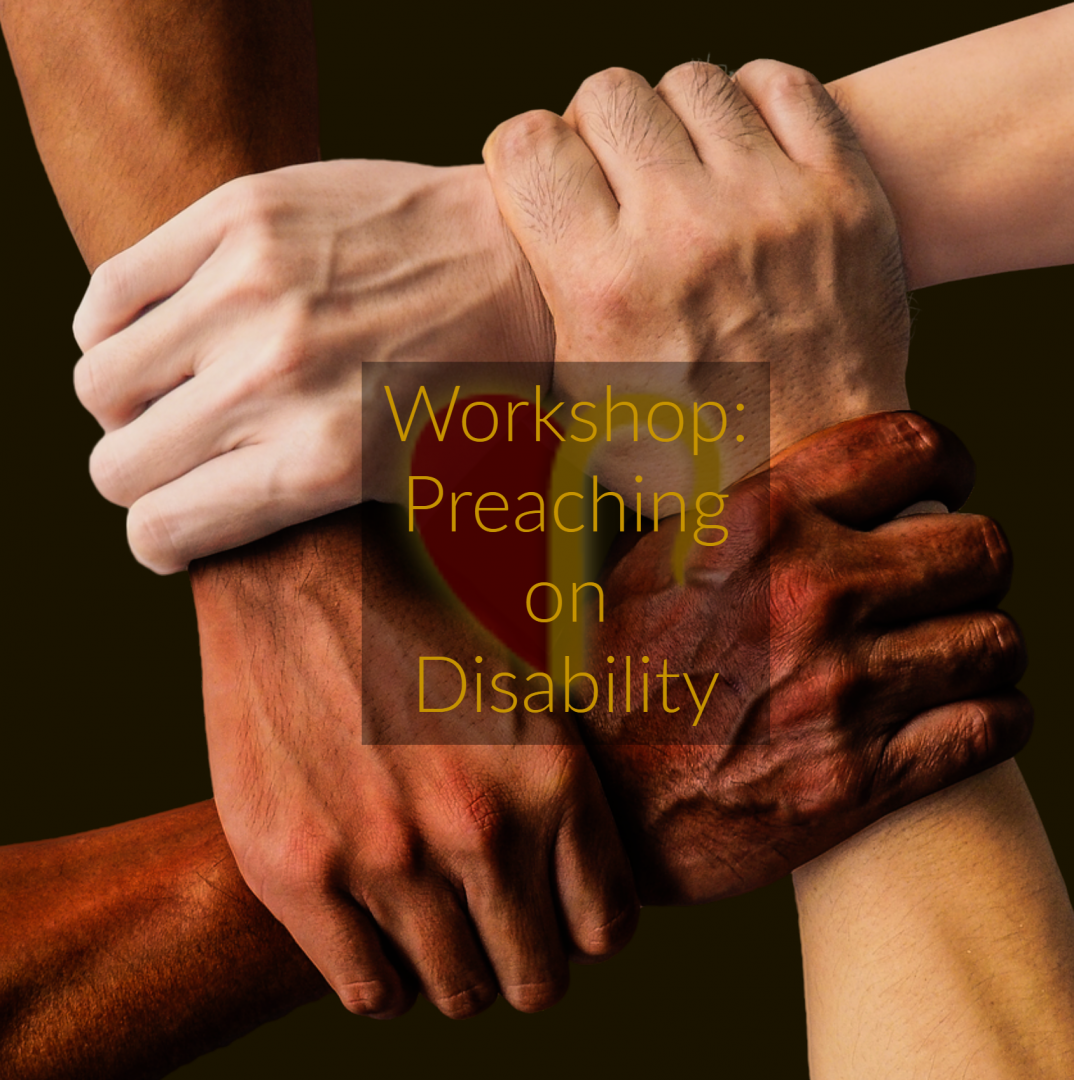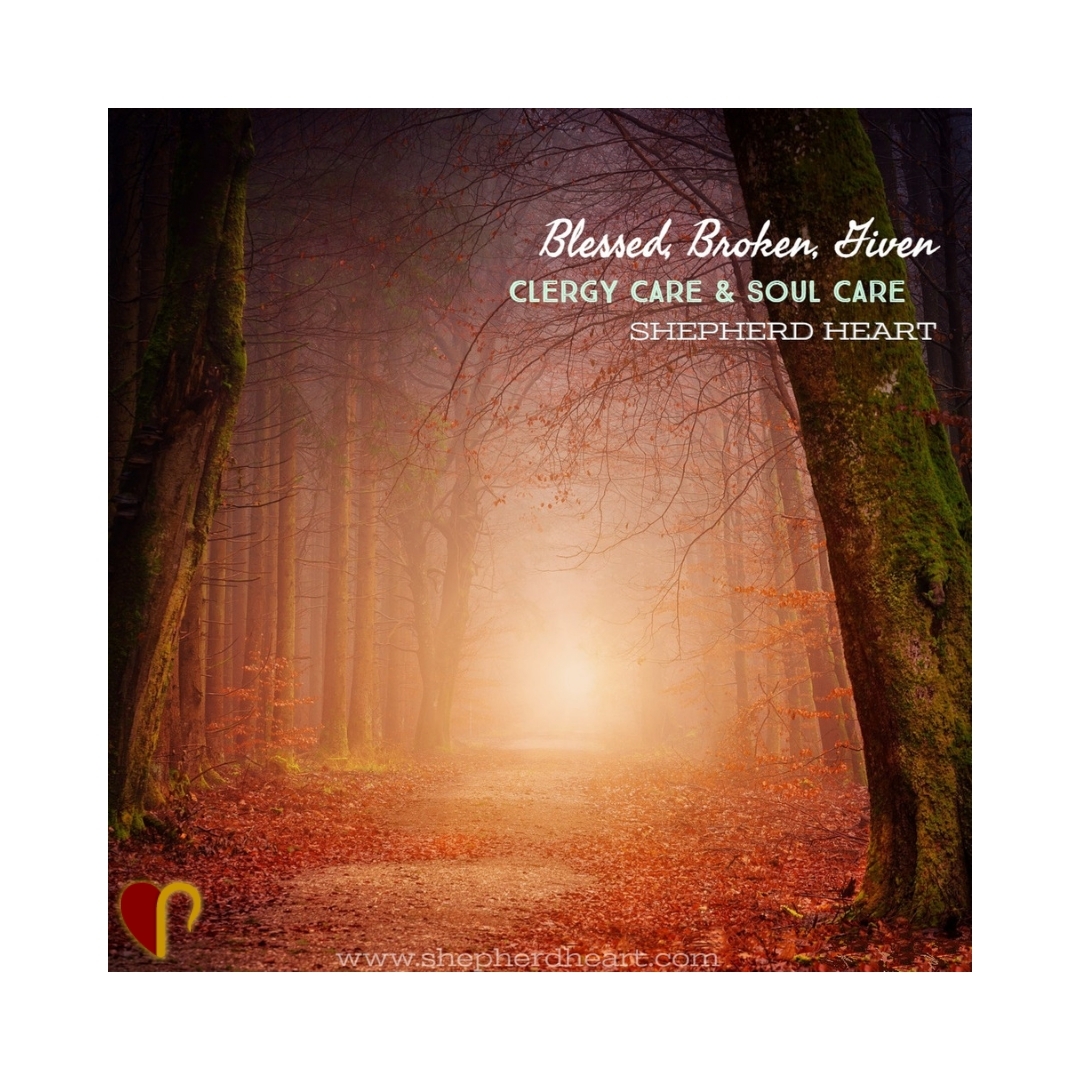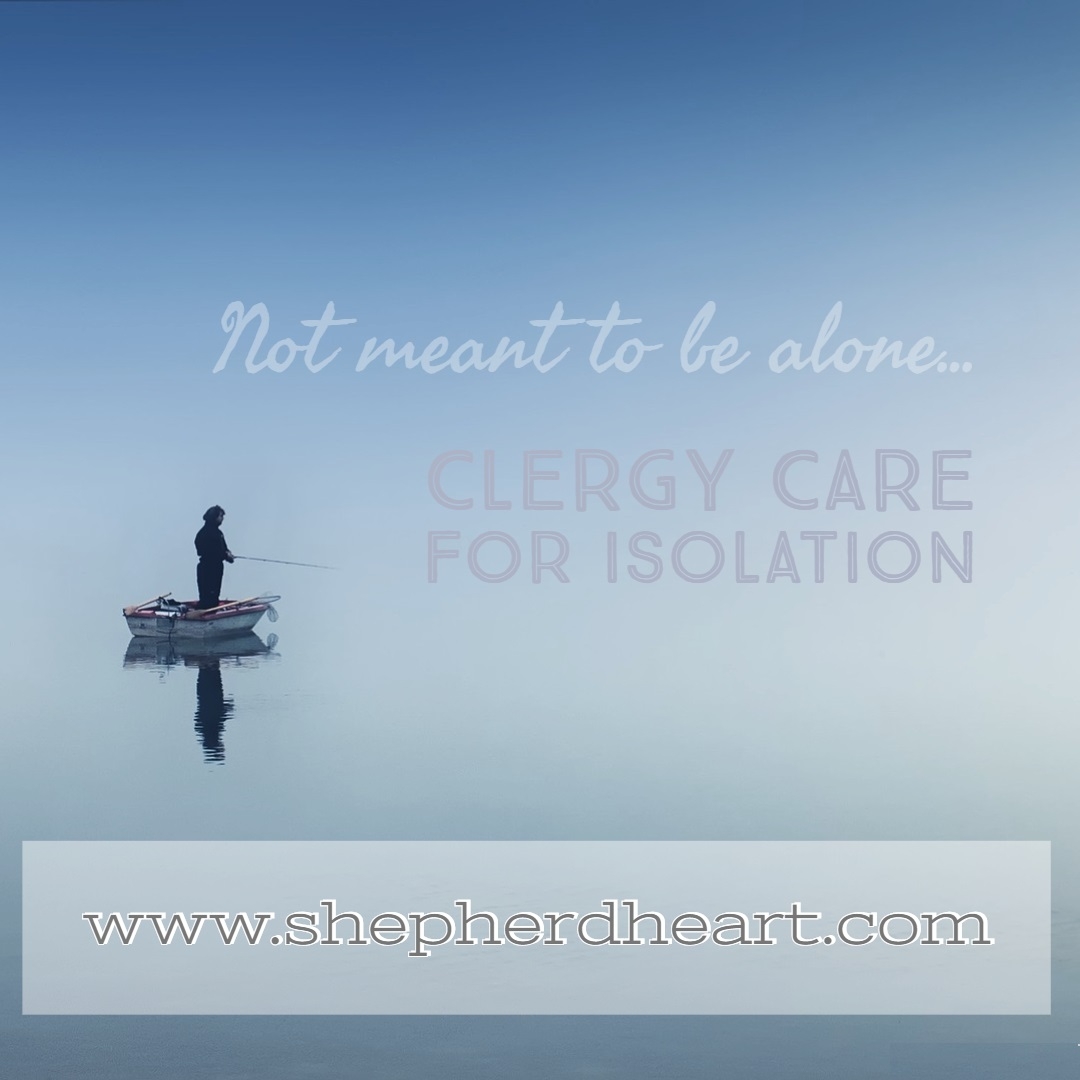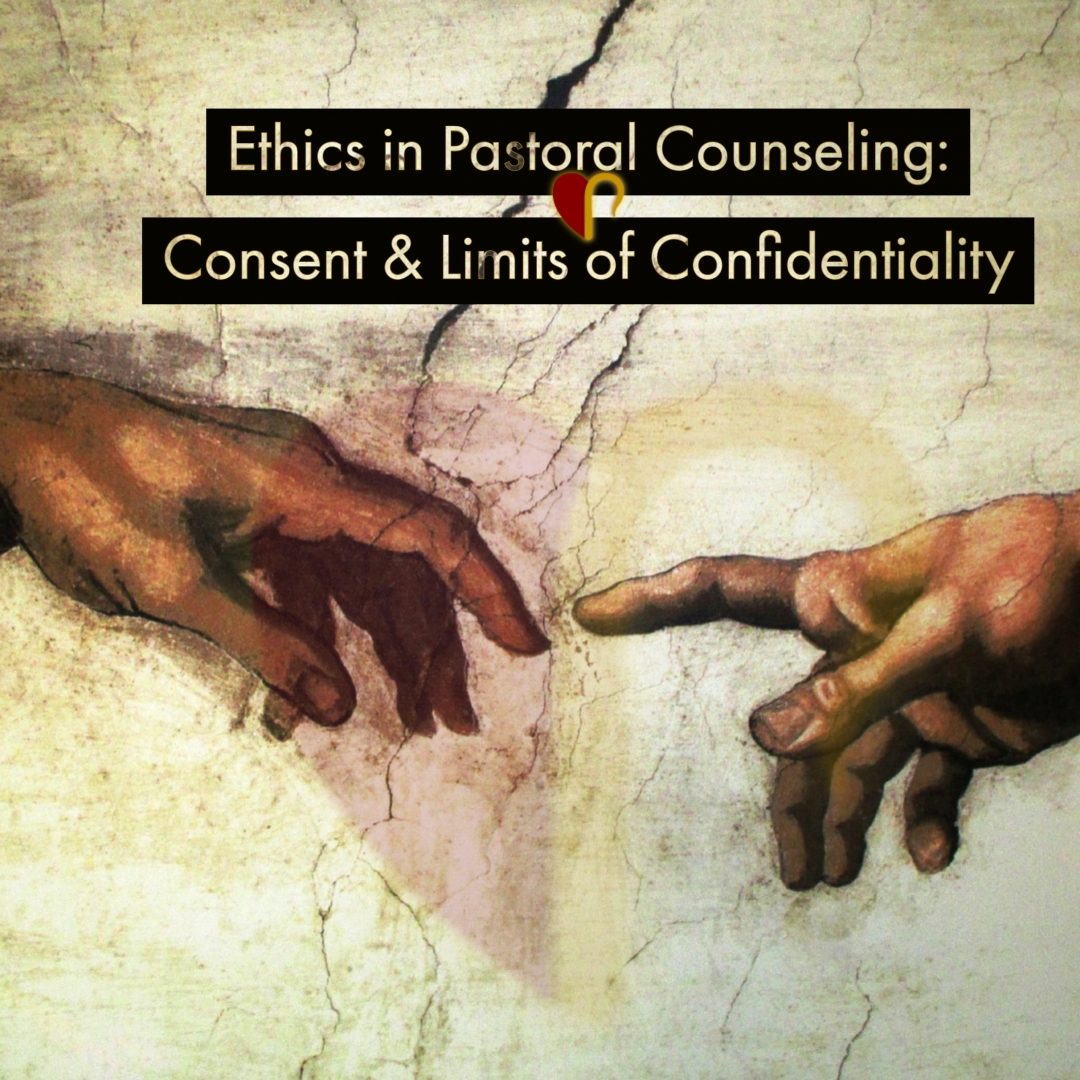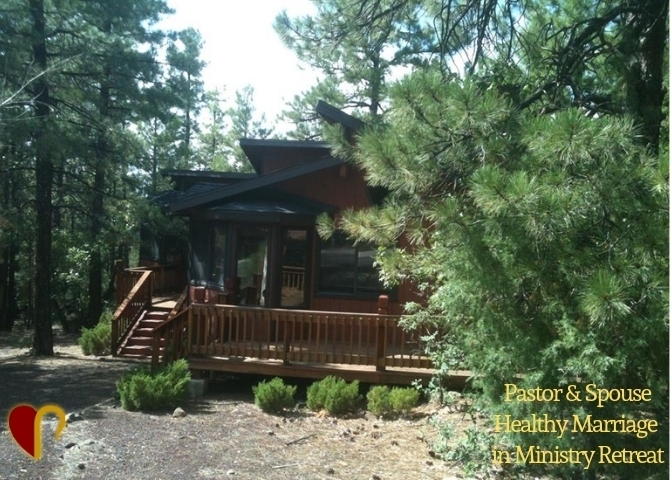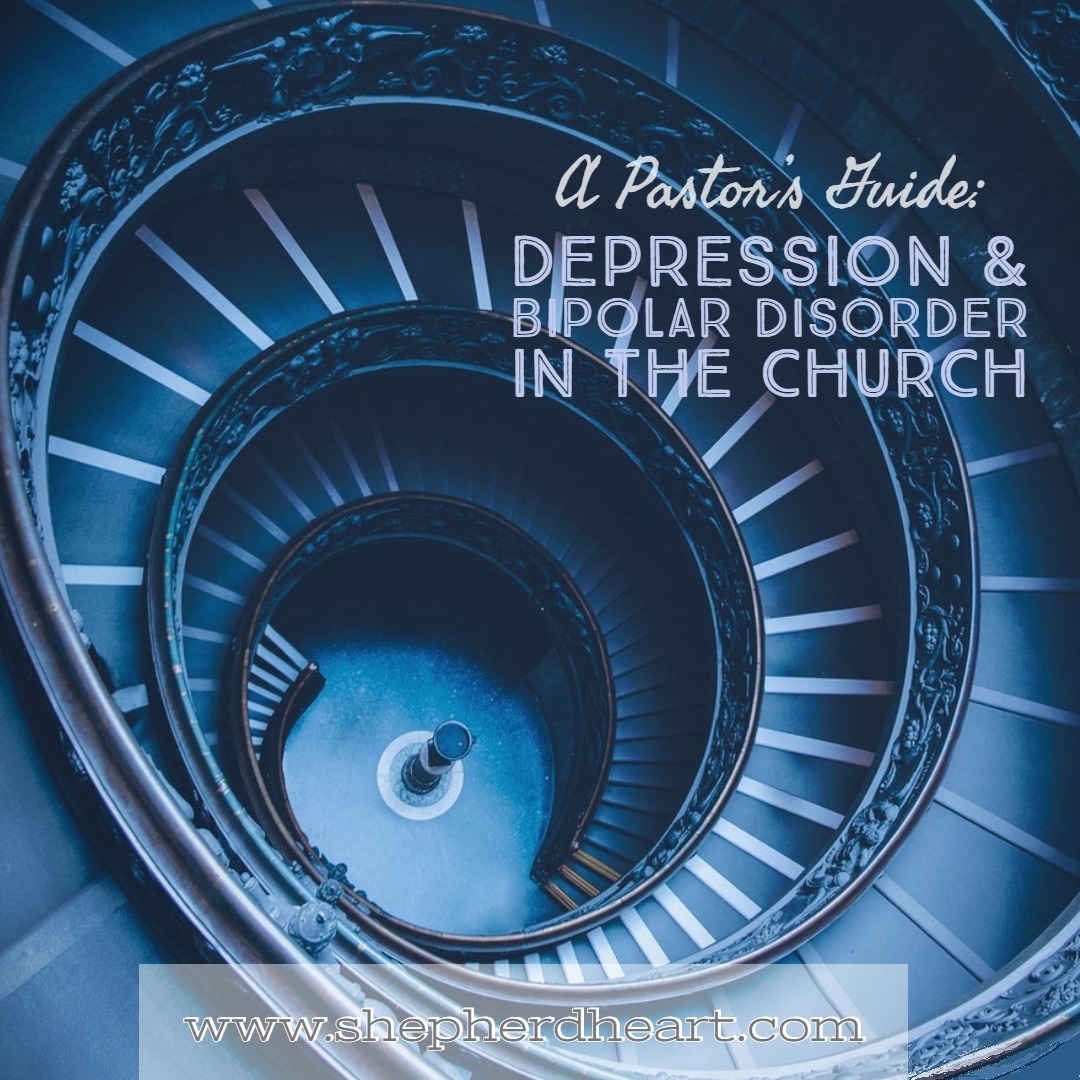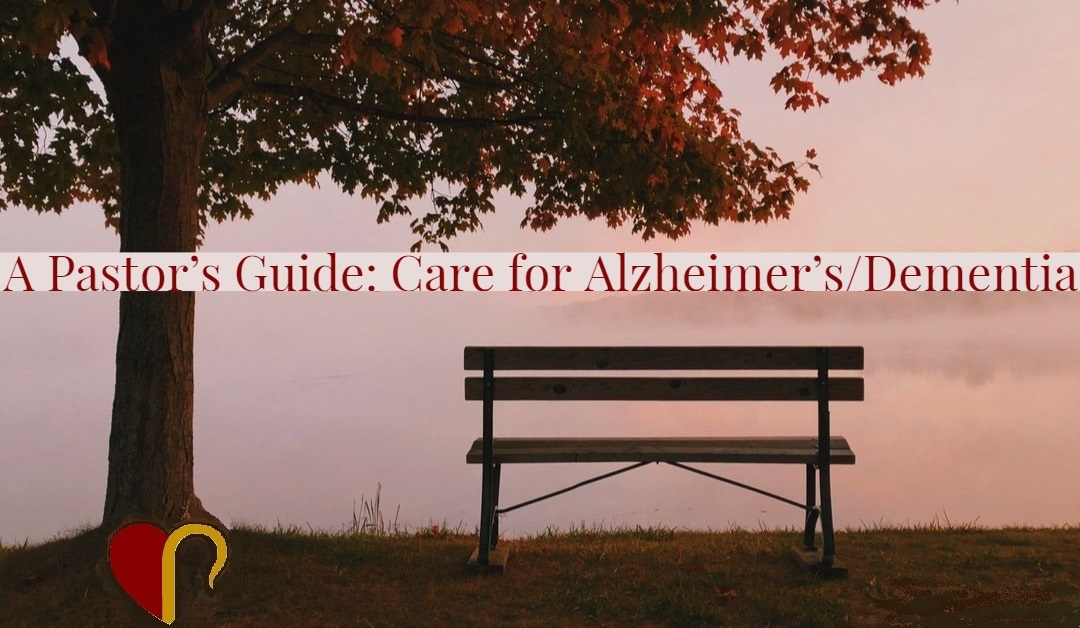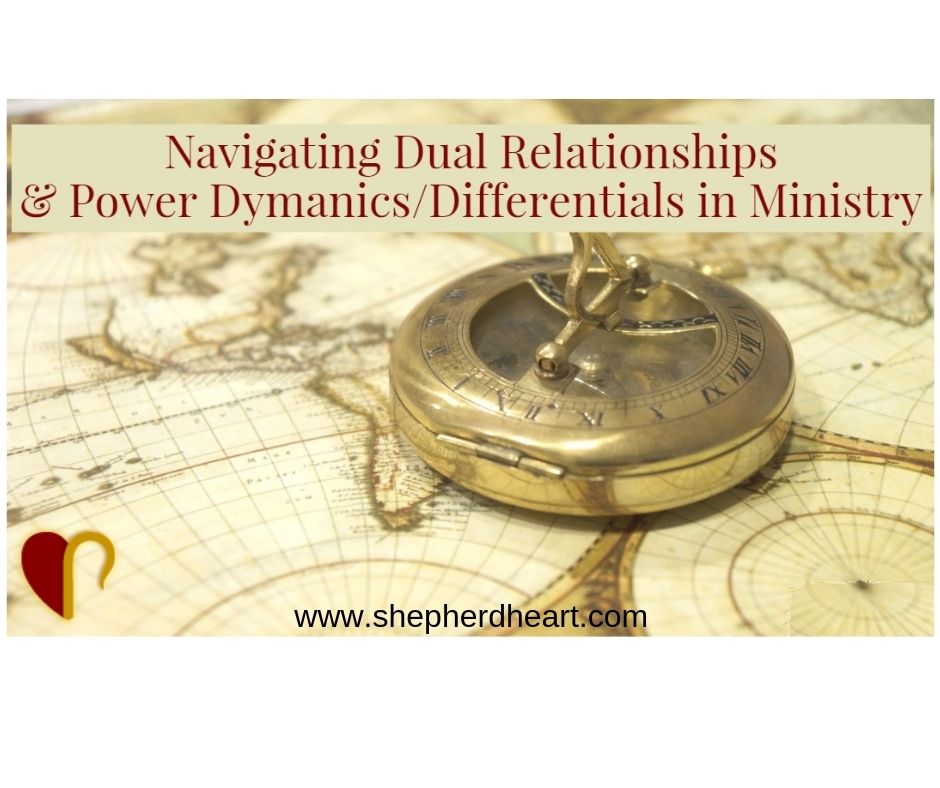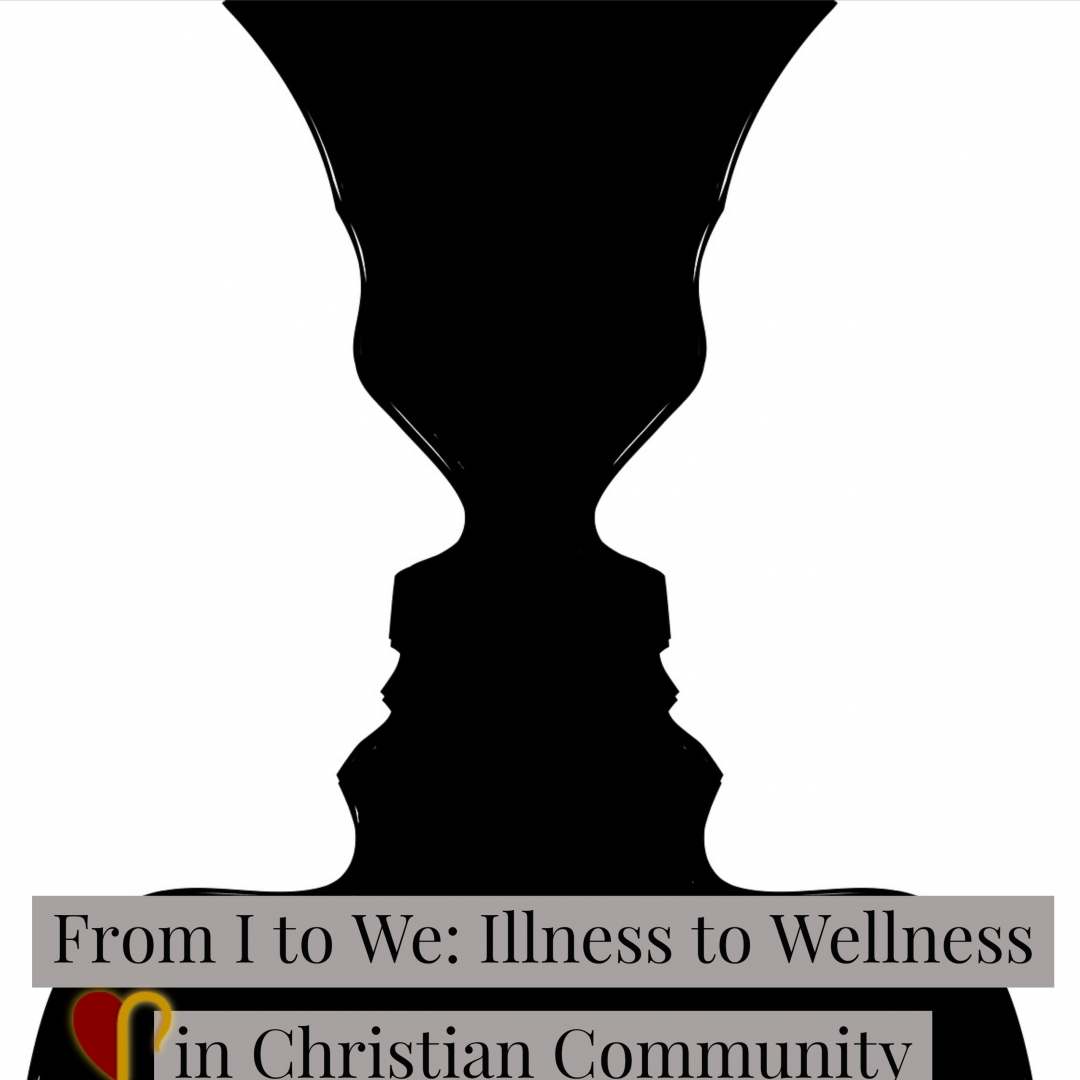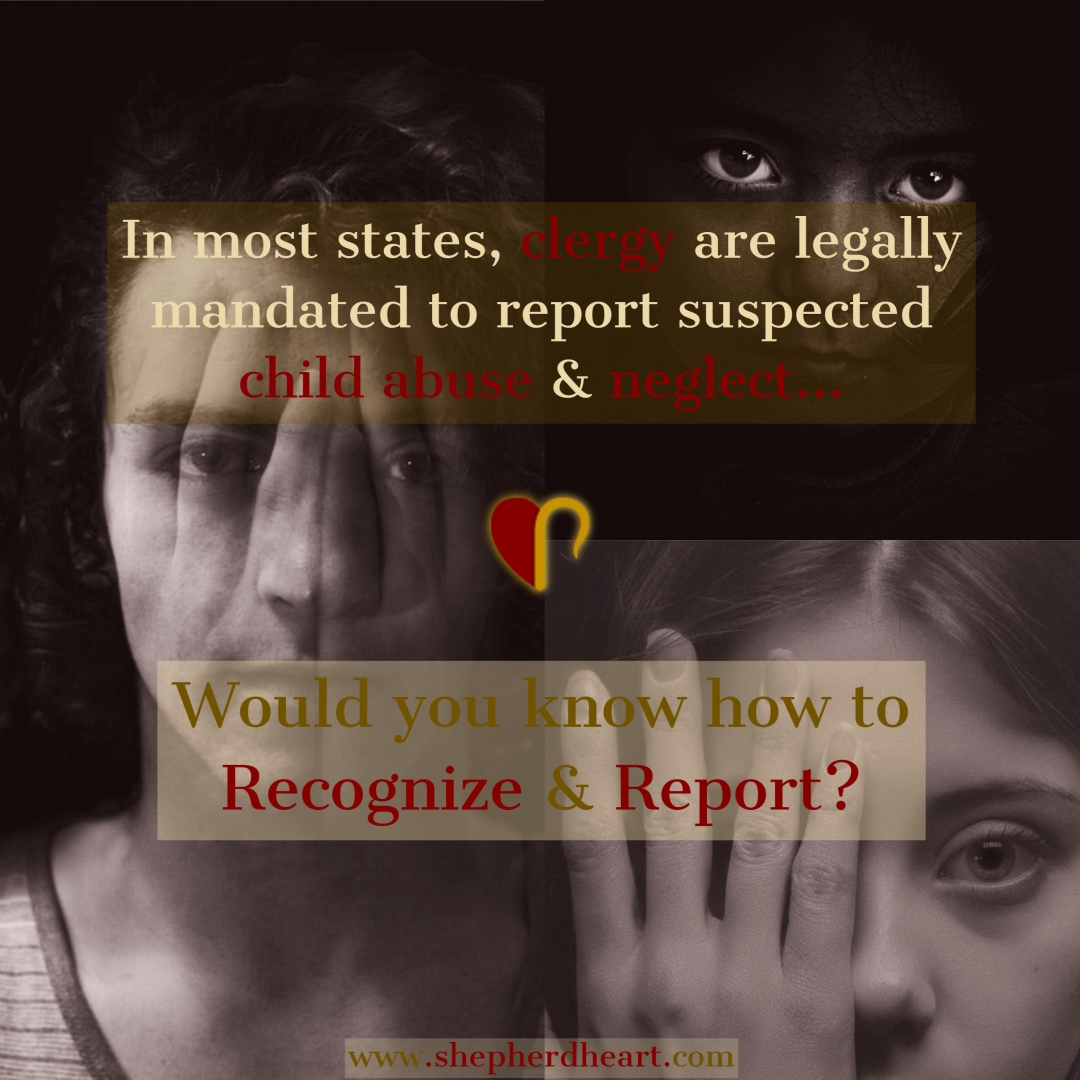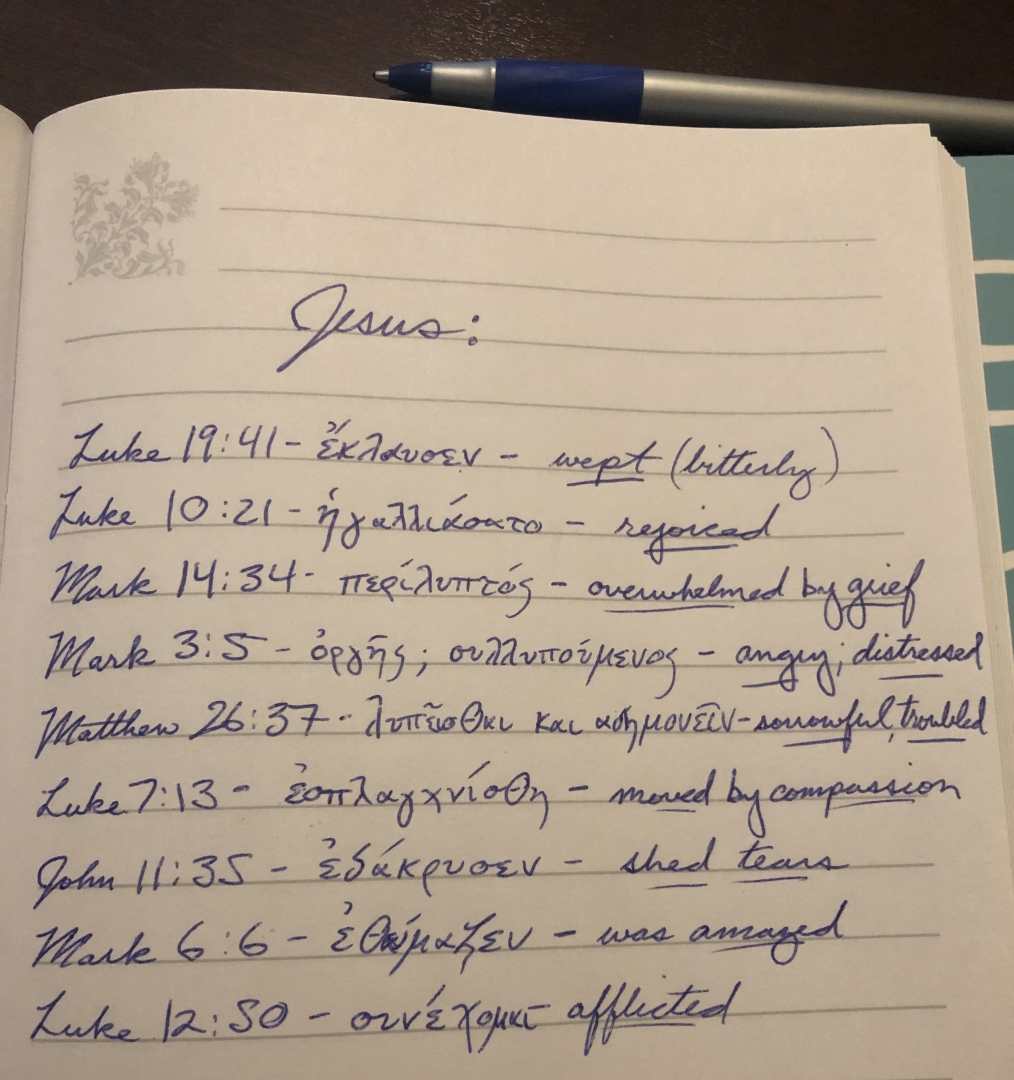 Boundaries… & Beyond
Boundaries… & Beyond
By Dr. Cameron Lee
Pastoral ministry, for all its joys, can be intensely demanding. Especially in smaller churches, pastors may be required to fill an unreasonable number of roles. They may be trained as preachers and liturgists, but feel less competent or passionate when it comes to managing personnel, budgets, and websites. Moreover, the frequent lack of a clear job description makes it possible to add new responsibilities at any time, but impossible to know when the numerous and sometimes conflicting expectations have been met.
Pastors can’t do everything. Period. They have personal limits just like everyone else does. Clear boundaries and wise limits are necessary.
But some worry that the very notion of setting boundaries, of saying “no” to at least some demands, is selfish. Those who follow Jesus are supposed to die to self and serve sacrificially. So isn’t the very idea of boundaries inherently un-Christian?
I understand the suspicion. Yet I know of pastors who feel compelled to say “yes” to every demand, who have sacrificed their physical health and their family relationships to the elusive goal of keeping a congregation happy. These pastors feel used up and hollowed out, discouraged that their sacrifice hasn’t done much to help people be more like Jesus.
We need to be clear on two points. First, there’s no virtue in constantly saying “yes” if you don’t know how to say “no.” If the truth be told, we often say yes because we lack the will or energy to face the social consequences of refusing a demand. But Jesus didn’t die on the cross because he couldn’t bring himself to stand up to the opposition. Quite the contrary. Though he lived in the constant swirl of others’ expectations, he charted his course solely by his Father’s will. It isn’t inherently Christian to say “yes” if we do so for the wrong reasons, nor is it sinful to say “no” for the right ones.
This leads to the second point. The question of pastoral boundaries is not simply a matter of individual motives and behavior. It’s a matter of a congregation’s shared understanding of discipleship and what it means to be one body in Christ.
It’s one thing for a pastor to decide privately what his or her limits will be and then try to negotiate them with a congregation. It’s another to have the larger, ongoing conversation about who we want to be as a church. What are the right and wrong reasons for sacrifice and service, reasons that would apply to every believer and not just the pastor? For example, do we say we believe in a gospel of grace, but live like we believe a gospel of works? A good, shared ecclesiology should be the foundation of any conversation about proper boundaries.
So, pastors, let your “yes” be yes and your “no” be no, for all the right reasons—and help the members of your congregation understand and embody those reasons themselves.  Cameron Lee, PhD, CFLE, is Professor of Family Studies at Fuller Theological Seminary. He is a licensed minister and the author of nine books, including four written for or about pastors. Find his musings & reflections at www.the-fog-blog.com.
Cameron Lee, PhD, CFLE, is Professor of Family Studies at Fuller Theological Seminary. He is a licensed minister and the author of nine books, including four written for or about pastors. Find his musings & reflections at www.the-fog-blog.com.
Apply now for this summer’s Pastor & Spouse Retreat: Emotionally Healthy Marriage in Ministry. (July 17-20, Northern AZ)
Take a look at upcoming events & ministries at Shepherd Heart. Share in the Shepherd Heart vision & mission.
If you support the vision and the mission of Shepherd Heart, you can give a gift to sustain its ministries.
Shepherd Heart is *not* a 501c3, and therefore gifts are not tax-deductible at this time. Your gifts of any amount are deeply appreciated.


